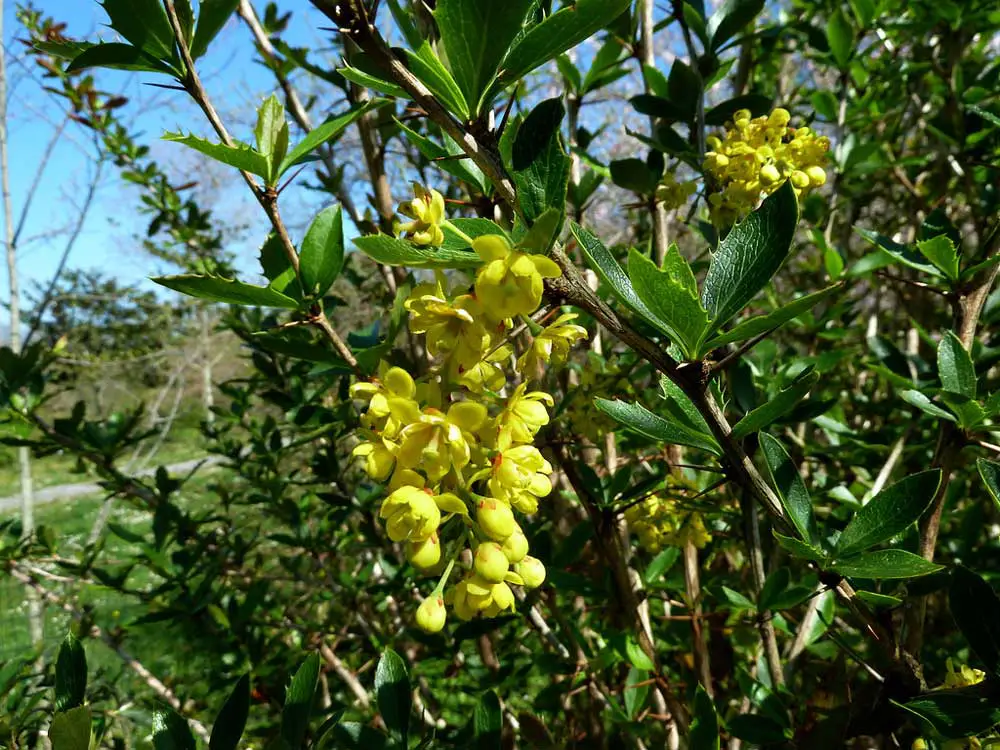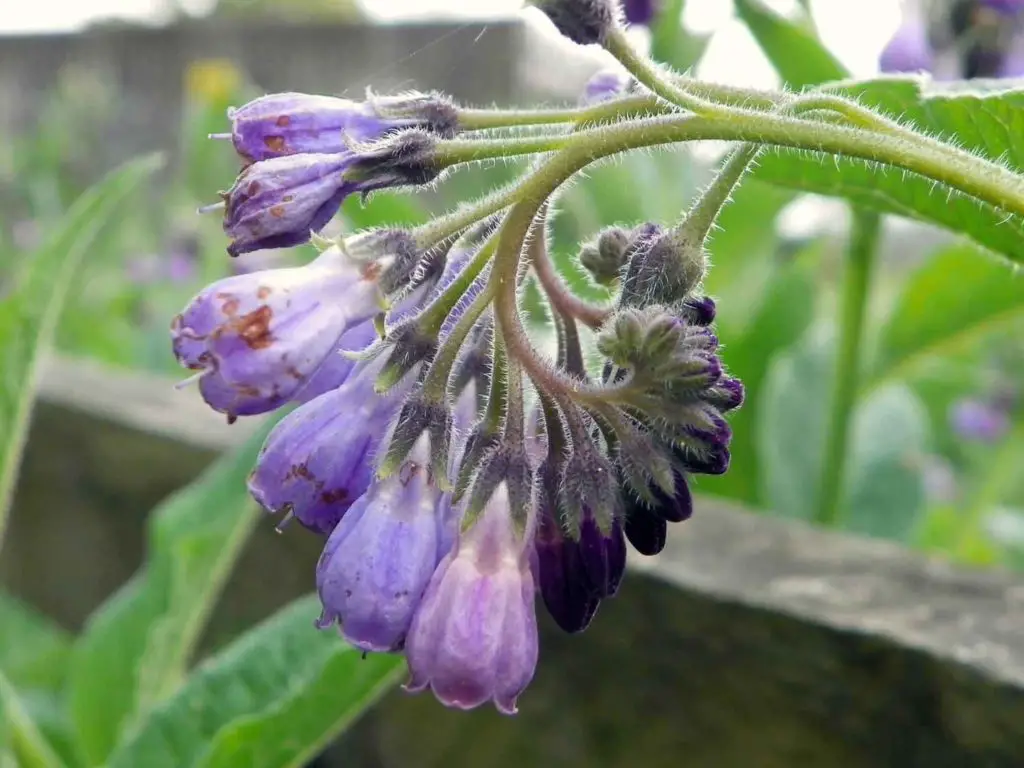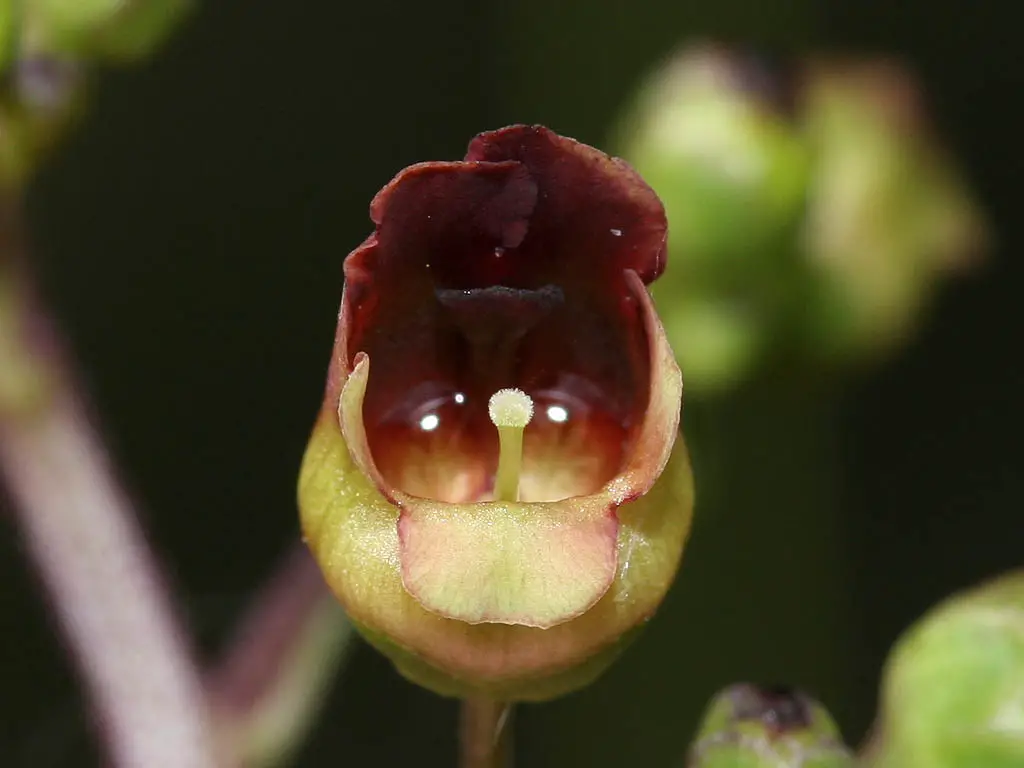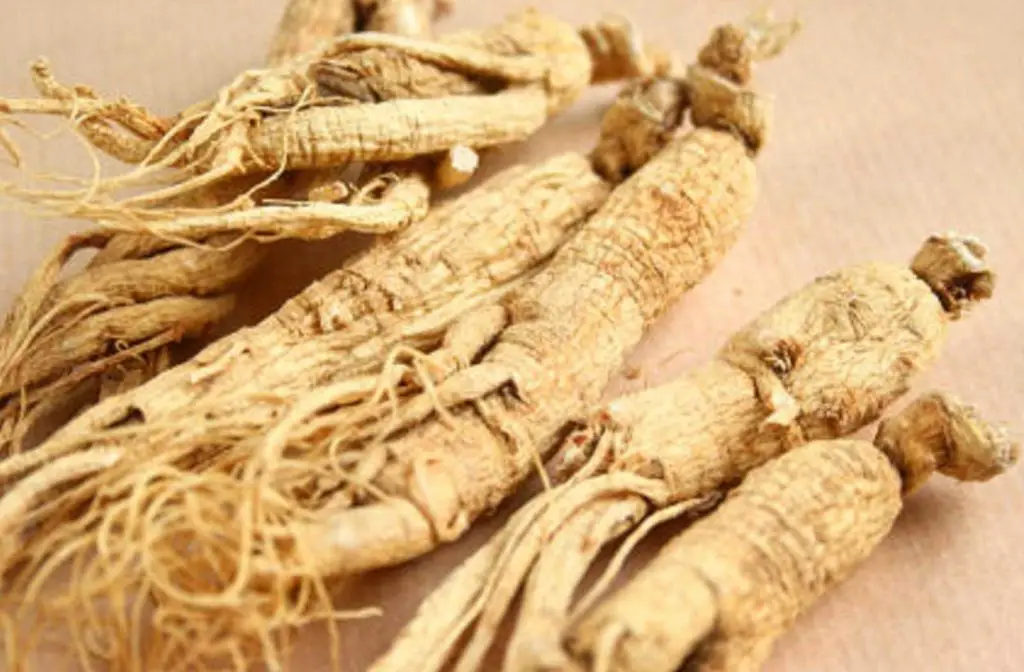What is Berberis Aristata?
Berberis Aristata is an evergreen shrub that is native to Northern Himalayas. It is also known as Indian barberry, tree turmeric, Mara Manjal, Akhray, Chitra, Daruharidra, Dar-hald, Darhaldi, Daruhald, Darukaridra, Gruch, Kashmal Kimor, Nepal Berberis, Rasaut, and Simlu.
Berberis Aristata is a member of the Berberidaceae family and Berberis genus. Other members of the genus include heavenly bamboo, mayapple, twin leaf, and the Oregon grape root. The leaves are green, the bark is yellow-brown, and the fruits are plum ovals. The plant is self-fertile and is easily grown in many different soil conditions.
Berberis Aristata grows to almost 12 feet tall and is hardy to zone 6, you will even find them in far-away countries like Britain or Australia. However, it is still most common in high Himalayan countries like Northern India, Nepal, Bhutan, and Pakistan.
The fruit, stem, root bark and wood are all edible. The fruits are often used for culinary purposes and eaten dried. Children especially enjoy the mix of sweet and bitter in these juicy berries. The roots can also be ground and made into an alcoholic drink. Medicinally, the stem, root bark and wood and fruit are most often used and are reported to taste bitter.

Finally, Berberis Aristata is used for non-culinary or medicinal reasons. For example, the root and stem make a yellow tannin dye. The wood is also used as fuel and to make fencing.
Berberis Aristata Benefits, Uses and Effects
One of the first groups to use this plant medicinally were Ayurveda practitioners. However, it is only more recently that scientists have begun quantifying the many health benefits of this amazing plant.
Ayurveda
Berberis aristata has been used medicinally in Ayurveda for thousands of years. There is little medical evidence to support all of these treatments, but followers of the practice claim that Berberis aristata can cure a large number of conditions. The following list contains the many problems Berberis aristata is used to solve in Ayurveda.
- Wounds
- Diabetes
- UTI
- Pain
- Itching
- Eye conditions
- Ear conditions
- Mouth conditions
- Herpes
- Syphilis ulcers
- Pain
- Diarrhea
- Inflammation

Cancer
In 2009 a study in the Global Journal of Pharmacology reported that the stem of Berberis aristata made into methanolic extract inhibits HT29 (colon cancer) cells. More research is needed to truly understand how effective Berberis aristata is for cancer treatments.
Diabetes
Berberis Aristata has been found to help treat patients with diabetes. In fact, a 2013 study found that Berberis Aristata in combination with Silybum marianum improved the lipid profile of overweight patients and their insulin resistance. Another study from the same year confirmed the advantages of this combination, which lowered HbA1c (glycated haemoglobin) in diabetic patients. One further study from 2016 also confirmed the efficacy of the combination of Berberis Aristata and Silybum marianum. An earlier study from 2009 also showed the promise of using Berberis Aristata by itself to regulate glucose, but the later studies mentioned above found that Berberis Aristata is more effective in combination with Silybum marianum than by itself.
Diarrhea
Some early research has suggested that Berberis aristata can help cure diarrhea and other gastrointestinal problems. A 2011 in vitro and in vivo study looked at the effect of Berberis aristata’s bark on diarrhea and found that diarrheal episodes were reduced in a dose-dependent manner. Additionally, a 2013 study found that the stem of Berberis aristata decreased intestinal secretions and inhibited intestinal motility. Essentially, these two effects created an antidiarrheal effect.
Fever/Bacterial Infections
Three separate studies (from 2007, 2011, and 2011 respectively) have found that Berberis aristata roots and stems are effective treatments against fevers and bacterial infections like Bacillus cereus, Escherichia coli, Staphylococcus aureus, Aspergillusflavus, B. cereus, and Streptococcus pneumoniae. There have been no human trials as of yet, the experiments were don in a laboratory, on rats, and on white rabbits, but the results are promising.
Hair
Anecdotal evidence suggests that Berberis aristata is an JAK3 inhibitor which can help stop and reduce signs of hair loss. There are currently no studies that confirm these reports.
Hemorrhoids / Piles
Anecdotal evidence and traditional use has supported the use of Berberis aristata for hemorrhoids and piles. Supposedly the chemical berberine found in high quantities in these plants helps to keep microbial balance in the intestines. Although, Berberis aristata has been studied in relation to diarrhea treatment, there are currently no studies that examine it usefulness in curing hemorrhoids or piles.
Skin
A study used a dosage of Berberis aristata hydroalcoholic extract (BAHE), which had significant anti-inflammatory and anti-granuloma activity. Berberis aristata has also been found to treat psoriasis and lighten skin. In psoriasis, a transferomonal gel with Berberis aristata extract reduced the thickness of the skin and the length of the rete ridges in psoriasis-induced animals in a 2017 study. A 2016 experiment noted that a methanol extract of Berberis aristata has antihyperpigmentation potential for human skin.
Arthritis
A 2016 study in the Indian Journal of Pharmacology confirmed that Berberis aristata could be used as an anti-inflammatory. Conditions such as rheumatoid arthritis has been treated with Berberis aristata for many years, but there was no proof of its effectiveness until now.

Berberis Aristata Dosage
The dosage used for Berberis Aristata vary significantly depending on the condition treated and the part of the plant employed. While the dosages listed here are for each part of the plant in isolation, often multiple parts are combined into a paste, decoction, or power. The amounts of the dosages also vary from condition to condition and person to person. So, we recommend looking up the correct dosage amount before use.
Most commonly, you will see Berberis Aristata as an extract (berries only), decoction, or powder. In Ayurveda, Berberis Aristata is made into Rasaut by boiling the root bark and lower stems. Then the mixture is strained and heated again until a semi-solid mass forms. Rasaut can be diluted in water, butter, or lime juice.
One final way you may see Berberis Aristata prepared is as a paste, which is applying topically to irritated, itchy skin or wounds.
Important Note: The above dosage information comes primarily from Ayurveda sources and has not been scientifically verified. In fact, although most doctors warn that the appropriate dose will vary based on a person’s age, health, etc., they claim that the shrub is not studied enough to state an exact dosage range for most individuals. Considering that, I’d suggest starting with a lower dosage and working your way up in small increments.
Berberis Aristata Side Effects, Safety, Dangers and Warnings
Because Berberis aristata is in the early stages of being researched, there is no current information about its safety in medicinal doses for adults. Anecdotally, the plant and all of its parts are described as safe.
However, there are two groups that should stay away from Berberis aristate,
Infants: Infants and young children should never be given Berberis aristata because it contains berberine, a chemical that can cause brain damage. This damage, called kernicterus, can occur because the berberine blocks the liver the from removing the chemical bilirubin, thus causing jaundice. Kernicterus can occur because of sever cases of jaundice.
Pregnant and nursing mothers: Doctors recommend that pregnant and nursing mothers stay away from Berberis aristata as well, since it could transfer to the fetus or infant. As mentioned above the chemical berberine is dangerous for young children and infants because it can cause cases of severe jaundice and brain damage. Berberine can transfer through the placenta and in breast milk. So, pregnant and nursing mothers should ensure that they do not consume any part of this plant.
Berberis aristata can interact with certain medications as well. You should not take Berberis aristata with Cyclosporine (Neoral or Sandimmune) because this could cause a build-up of the medication in the body, which can cause a wide variety of side effects.
Additionally, people should be careful when taking Berberis aristata with medications that are changed by the liver, such as lovastatin (Mevacor), clarithromycin (Biaxin), indinavir (Crixivan), or sildenafil (Viagra). Berberis aristata interacts with the way the liver breaks down certain materials, and so the combination of these drugs could cause a variety of negative side effects.
As always, consult your doctor before beginning any new drug or treatment plan.
References:
https://www.ncbi.nlm.nih.gov/pubmed/25739096
https://www.ncbi.nlm.nih.gov/pubmed/21455453
https://www.ncbi.nlm.nih.gov/pmc/articles/PMC3566491/
https://www.ncbi.nlm.nih.gov/pmc/articles/PMC4078475/
https://www.ncbi.nlm.nih.gov/pmc/articles/PMC5478780/
https://www.ncbi.nlm.nih.gov/pubmed/22808523
https://www.ncbi.nlm.nih.gov/pubmed/26384091
https://www.ncbi.nlm.nih.gov/pubmed/24152839
https://www.ncbi.nlm.nih.gov/pubmed/27114638
https://www.ncbi.nlm.nih.gov/pubmed/24277991
https://www.ncbi.nlm.nih.gov/pmc/articles/PMC5669102/




